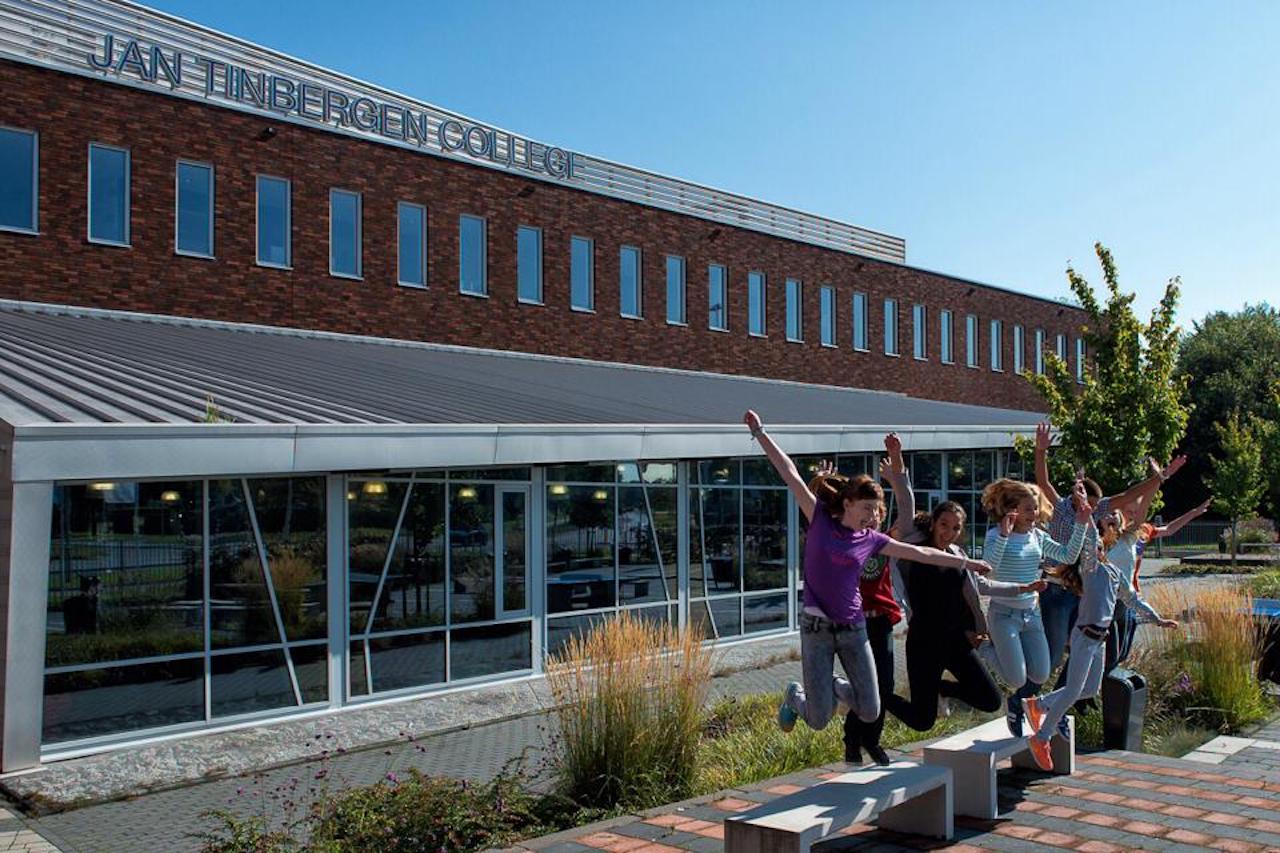Charles van Wettum, rector and director of the public school community at Jan Tinbergen College in Roosendaal, notices that giving feedback to employees is not naturally within education. By using TruQu as a supporting technology, he hopes for a cultural shift: “I hope we can base our system on development and growth and less on functioning and assessment.”
Business case
Jan Tinbergen College
Jan Tinbergen College aims for a cultural shift: less focus on performance and assessment.
Jan Tinbergen College has 1,600 students who are trained to eventually study independently. Here you gradually get more and more responsible for your own study progress. A good starting point, but what would it be like if the school’s employees were given more control and continued to develop? Just like the student. Because you’re never finished learning.
“I hope we can base our system on development and growth and less on functioning and assessment”
Self-management
“Teachers are often einzelgängers, people who decide for themselves. That is important because you are alone in the classroom and you also have to arrange your own things there. Looking outside your world is not naturally in education. By making a switch from functioning and assessing to a system of development and growth, we want to give our professionals more control over their own development,” says Charles. “People then start looking for their development points.” And so Charles took the lead in implementing TruQu’s feedback technology.
“People look for their points of improvement themselves”

Charles van Wettum
Rector/director – Jan Tinbergen College

Course
“The people who started the pilot have all had a course from GrowQu. A few have participated with the webinar. The formulation of smart goals and feedback is particularly difficult,” says the rector about the TruQu implementation partner. “Before the course, people indicated that it was tempting to ask other employees for feedback that you know will be positive. I can imagine that in a culture where assessment interviews are central, there is a strong temptation to do so.”
“But,” says Charles, “we are working on a cultural shift and we want to move to a situation where people take responsibility for their development. In that case, it is not favorable to just receive positive responses. People also want reactions that can actually improve you.”
Point higher
The implementation of the feedback culture is on its way and will be a longer process, but Charles is certainly positive about TruQu. “It works very intuitively, it works simply.” He hopes that the subject “giving feedback” will score one point higher in a subsequent employee satisfaction survey. “That by then people will find it normal that you receive an e-mail with the request for feedback and that you send it out and ask for it yourself.”
“If it turns out that the participants in the pilot think this is a useful tool, we will roll it out further and TruQu will become an instrument that all employees can voluntarily choose. I hope that people become aware of the fact that they need information from colleagues to work on their personal development,” Charles concludes the conversation with satisfaction.
